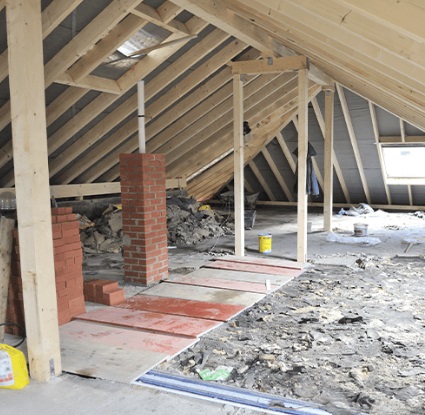How to Find the Best Psychiatrist for Your Individual Needs

In the pursuit of mental health, one of the most critical decisions you can make is choosing the right psychiatrist. Psychiatrists are medical doctors specializing in psychiatric services, which encompass the diagnosis, treatment, and prevention of mental, emotional, and behavioral disorders. Finding the best psychiatrist for your individual needs may seem daunting but following certain steps can ensure you find a qualified professional who aligns with your personal health goals and treatment style.
The collaborative nature of psychiatric services means that you should also feel free to ask questions. Common inquiries might involve asking about the psychiatrist’s approach to treatment, the types of therapies they offer, or their experience with particular conditions. These questions help establish clear communication and build trust—critical elements in the therapeutic relationship.
During this first visit, the psychiatrist will also discuss potential treatment options. This may include the initiation of medication, suggestions for lifestyle changes, or plans for ongoing psychotherapy. If medication is deemed appropriate, the psychiatrist will explain the expected effects, potential side effects, and the process for monitoring progress and adjusting dosages.
Remember, while psychiatrists can prescribe medication, their work extends beyond pharmaceutical management. They are trained to provide psychotherapy and will work with you to develop coping strategies and a deeper understanding of your mental health. Depending on your needs, they may recommend individual, group, or family therapy as part of your treatment plan.
1. Determine Your Needs
Before starting your search, it’s important to understand what you are looking for in psychiatric treatment. Are you dealing with a specific condition such as depression, anxiety disorders (are characterized by feelings of worry, panic or fear), ADHD (Attention deficit hyperactivity disorder), or bipolar disorder? Different psychiatrists may specialize in different areas, so identifying your needs will help narrow your search to those best suited to help you.
2. Ask for Referrals
Start by asking your primary care doctor for a referral list of psychiatrists. You can also ask family, friends, or other healthcare providers for recommendations. Organizations such as the American Psychiatric Association offer directories of psychiatrists which allow you to search by location and specialty.
3. Consider Their Qualifications
When exploring your options, look into the psychiatrist’s credentials. Board certification is a good indicator that the doctor has the necessary training, skills, and experience to provide healthcare in psychiatry. Also, confirm that the psychiatrist has no history of malpractice claims or disciplinary actions.
4. Assess Compatibility
The relationship with your psychiatrist is built on trust and communication. Consider their communication style and whether you feel comfortable sharing personal information with them. During your initial consultation, observe if they are attentive, show genuine concern, and are willing to answer your questions.
5. Understand Their Approach
Psychiatrists use a variety of techniques and treatments. Some may prefer medication management, others might emphasize psychotherapy, and many will use a combination of both. Ask prospective psychiatrists about their approach to treatment and ensure it aligns with your preferences and expectations.
6. Evaluate Their Experience
When it comes to specialized psychiatric services, experience matters. Ask how many patients with your specific condition the psychiatrist has treated.
7. Review Patient Testimonials
Patient reviews often reflect people’s experience with scheduling appointments, wait times, the office environment, and office friendliness. You can learn how a patient feels about the trust they have in the psychiatrist, the amount of time they spent with them, and their approach to decision making.
8. Consider Telepsychiatry Options
Telepsychiatry is the delivery of psychiatric assessment and care through video conferencing. The American Psychiatric Association supports the use of telemedicine as a “legitimate component of a mental health delivery system”. With the rise of telemedicine, many psychiatrists now offer remote services. If in-person visits are challenging for you, inquire whether the psychiatrist offers telepsychiatry as an option for continuing care.
9. Evaluate Logistics
Finally, practical considerations such as the location of the psychiatrist’s office, the flexibility of their appointment times, and insurance compatibility are essential factors to consider when making your choice.
By taking these steps and investing time in your search, you can find a psychiatrist who can provide you with the tailored psychiatric services necessary to maintain and improve your mental health. Remember, the best psychiatrist is one who meets your individual needs with professional expertise and compassionate care.











